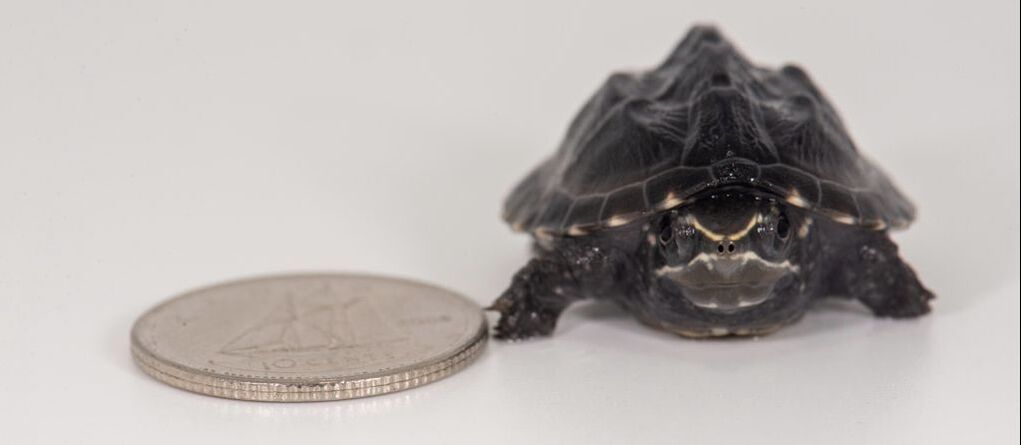ideal for field technicians, students, citizen scientists, and anyone interested in gaining practical skills and knowledge about Reptiles and their identification
Course Overview
Webinar
Attend Live-online Webinar OR access and view recorded webinars.
Most recent recorded session: February 3, 2024 Online. Next live session Saturday, February 1, 2025. Webinar sessions scheduled as follows:
|
Online Modules
Registration for the course includes access to 14 online modules that reinforce the webinar content
Includes a Natural Heritage Information Centre data sensitivity training module Complete the modules at your own pace and at a time that suites your schedule Modules and practice ID test should be completed before you participate in the field day |
A Day in the Field
Field days consist of 6-hrs of survey time in a protected area in Ontario
Locations are diversity hot spots in central Ontario near Bala (September 7), southeastern Ontario near Thousand Island National Park (September 8), and southwestern Ontario near Long Point (September 14) Select a location to reduce your travel time or based on species of interest If group size permits, participants can attend field days in as many locations as they wish |
Reptiles are typically shy, inconspicuous animals that few people take notice of. As such, declining populations have gone unnoticed by the majority of people involved in conservation in Ontario. The last ten years has seen a significant shift in focus with reptiles being brought to the forefront. In 1991, the Committee on the Status of Endangered Wildlife in Canada listed only four reptile species native to Ontario. As of 2016, one species, the Timber Rattlesnake, is extirpated and 21, or 84% of extant species, are listed as special concern, protected, threatened or endangered. Turtles are of particular interest because of their association with aquatic habitats and the link to water quality issues that affect both turtles and humans.
Reptile Ecology and Identification will provide fundamental knowledge of reptile reproduction, behaviour and physiology in the context of wildlife conservation, ecological monitoring, assessment and restoration in Ontario. A sound knowledge of accurate and reliable identification of Ontario’s reptiles is a key component of the course.
Learning Outcomes
[Register for the course]
Learning Outcomes
- Basic understanding of reptile biology including physiology, morphology and reproductive biology with a focus on Ontario species.
- Correctly identify all 25 extant reptile species found in Ontario
- Demonstrate an understanding of the conservation status of all 26 reptile species found in Ontario
- Demonstrate an understanding of the natural history of all 25 extant species of reptiles in Ontario including habitat requirements, seasonal activity patterns and reproduction.
- Demonstrate an understanding of correct handling techniques for reptiles.
[Register for the course]
